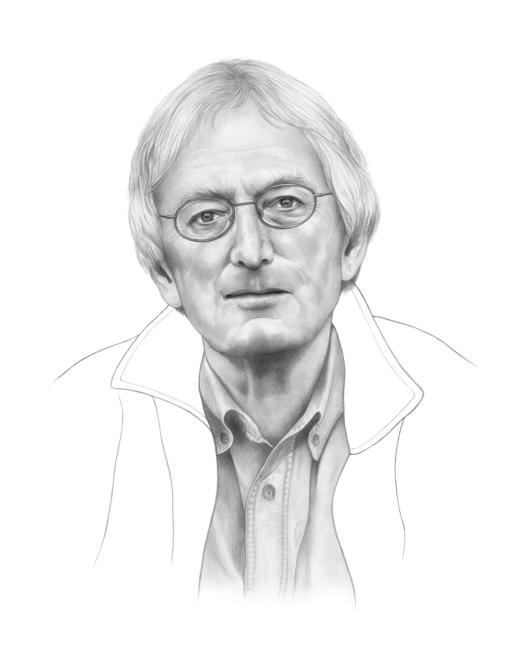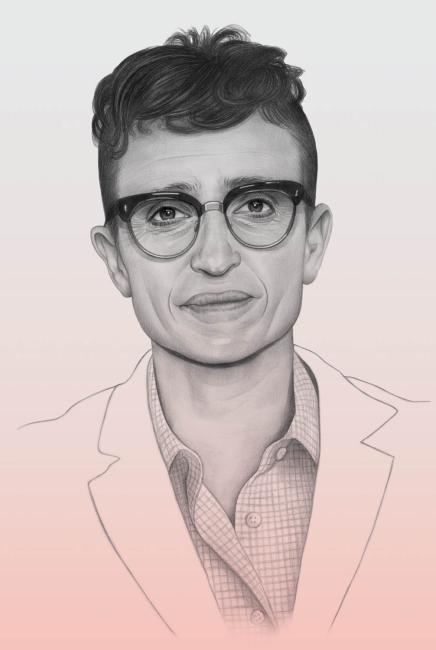
Denise Nestor
Biography
Denise Nestor is an artist and illustrator. Her illustrations have been featured in a number of publications, including the New York Times, the Guardian, New York Magazine, Esquire, and the Atlantic. Her work has been included in a number of exhibitions, both domestic and international. In 2016 and 2017, her work was selected as part of the Royal Hibernian Academy summer exhibition.


